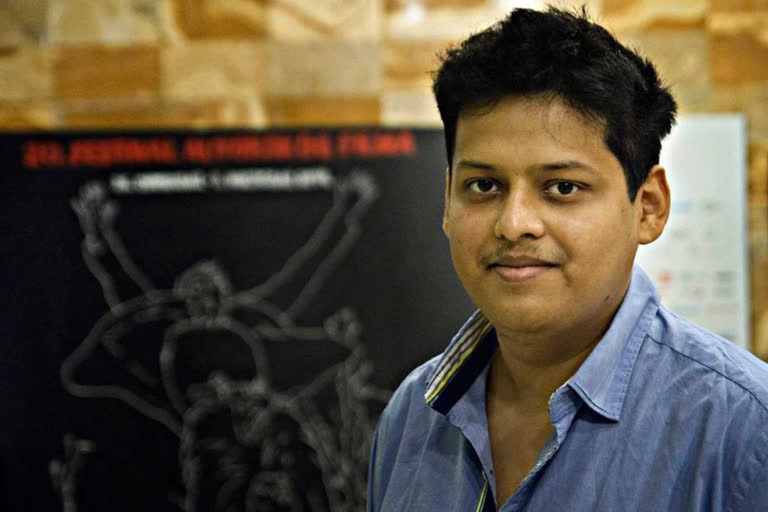Mumbai: Writer-director Chaitanya Tamhane returns with The Disciple, the first Indian movie in nearly two decades to be selected in the main competition at the Venice International Film Festival.
The last Indian film to compete at Venice was Monsoon Wedding by Mira Nair, which won the Golden Lion in 2001.
The Disciple dives into the world of Indian classical music to follow a would-be vocalist as he works to achieve his lifelong dream, struggling to balance centuries-old traditions with contemporary Mumbai.
Tamhane took time to carefully research his subject, saying the film took four years in total to make.
"I started off almost like a journalist, you know, attending concerts, interviewing musicians and hanging out in these spaces that they inhabit. So it took me two years to do the research, travel around the country and write the script. It took me a year of prep and to prep and shoot and then another year of post-production," Tamhane said, via video link from Mumbai.
The 33-year old filmmaker adds he was surprised to find many universal themes in the challenges faced by classical musicians.
"Indian classical musicians - there is a general perception that they are very serious and, you know, and they are very sort of solemn and sombre. And once you start hanging out with them, once you start kind of talking to them, you realize that they're just as normal, as ordinary as all of us. And they're also in their respective field facing the same kind of issues, the same kind of problems that, you know, a journalist would be facing or an athlete would be facing," he explained.
"Of course, there are certain peculiarities of - that come into the picture when you're pursuing Indian classical music. But again, essentially, it's all, you know, in a way, universal and the same. And it was a process for me to arrive at that realization."
READ |Kim Kardashian, Kanye West trying to save relationship?
As with his 2014 debut feature Court, which takes a swipe at the Indian legal system through the trial of an ageing folk singer, The Disciple reflects his concerns about society.
"The Disciple is very different from Court, you know, because Court was a lot more observational, a lot more objective. The Disciple, I would say, is a lot more subjective," he points out, before adding, "A lot of my observations about society and people, you know, do kind of seep into the script. And I feel not just me, everybody should be socially conscious and not be insular and live in a bubble, and react and engage with what's happening around us."
Court won Best Film in the Orizzonti section at the 2014 Venice International Film Festival. Despite his growing list of awards, Tamhane said he can relate to people swimming against the tide.
"I kind of think that I am on the fringe, you know, of the mainstream film industry in India, which is so dominant. So when something is so popular, so dominant as entire machinery, how do you survive? How do you find your own voice? How do you do something that's not going to have, say, as big an audience and never going to make as much money or gain as much popularity? So then how do you keep going? How do you find your audience? How do you find the resources to do what you want to do? So those kinds of questions I personally relate to. And also when it came to the world of Indian classical music, the mainstream is already celebrated."
He adds that he feels no sense of entitlement when it comes to his future in the industry. "I may not get to make the kind of things that I want to make is a constant fear in my mind," he said. "Even when I was shooting this film every single day, I would remind myself that, you know, I've been blessed, I'm privileged that I'm getting to do this. And this might not be the case in a few years."
"We are experiencing, you know, transitions and changes, not only in the world of films but in the world, you know, at large, in general," he continues. "So it does kind of make you do not take anything for granted, you know, and it does make you question a lot of things."
The 77th Venice International Film Festival opens September 2. It runs through September 12.
It is the first major event of its kind since the coronavirus pandemic forced the cancellation of large gatherings worldwide.
With inputs from APTN



